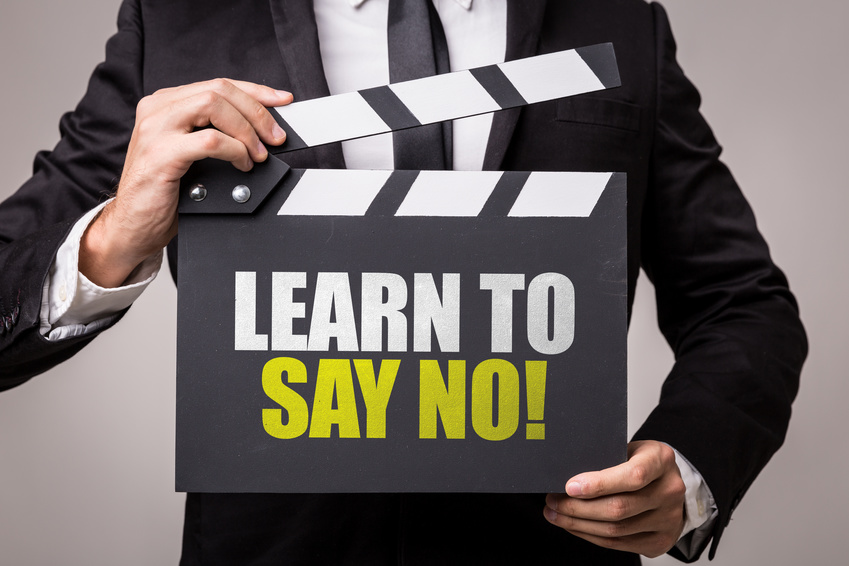"Dream, Dream, Dream! Conduct these dreams into thoughts, and then transform them into action."
- Dr. A. P. J. Abdul Kalam
"Dream, Dream, Dream! Conduct these dreams into thoughts, and then transform them into action."
- Dr. A. P. J. Abdul Kalam
22 Mar 2024
In social gatherings, introverts are sometimes misunderstood. Their demeanor of quietness lends an aura of distrust about them. It may be seen as a lack of confidence, social awkwardness, or an incapacity to communicate. However, being an introvert may bring you a lot of happiness. Furthermore, you might be surprised to learn that introversion has a wider variety of subtypes. Not everyone silent at the dinner table is an introvert. There are four different kinds of personalities. These archetypes might be a great approach to affirm your character if you've ever wondered why you behave the way you do.
01. Social Introvert ~ the typical introvert that we are all familiar with. Any person who firmly believes that alone time is preferable is a social introvert. They will make every effort to guarantee that they have the necessary amount of alone time. If they socialize at all, it will only be with their close buddies. A Sociable introvert makes this lifestyle choice because they genuinely value their alone time and become emotionally spent in social situations for extended periods. It is not synonymous with shyness or nervousness. The inclination known as social introversion is sometimes mistaken for aloofness or apathy.
02. Introspective Introvert ~ An introspective person thinks a lot about their thoughts. It is also possible to conceptualize it as a type of intellectual introversion. This individual enjoys reflecting on what they hear and observe. It should come as no surprise that they have a sophisticated and rich inner life considering how much of their time they spend there. However, this is by no means a bad thing. Extreme self-reflection characterizes the introspective type. They are skilled at analyzing social dynamics and very conscious of the impact they have on any given circumstance. It's been said by some that introspective folks are lost in their dream world while they're deeply thinking things out.

( Source: Google Images)
03. Anxious Introvert ~ Anxious introverts are those who genuinely suffer from social interaction, often to the point of bordering on social anxiety. This person's activities are mostly motivated by their belief that they are unable to perform well among huge crowds of people. They frequently turn down invitations to social gatherings because they are well aware of the elevated anxiety that being in public will induce in them, not because they would rather be by themselves. An introvert of this kind frequently gets caught up in a cycle. They will project their experiences into the future from their past exchanges, which will keep them stuck in a low self-esteem perspective. Breaking these negative thought patterns can be greatly aided by Cognitive Behavioural Therapy.
04. Restrained Introvert ~Although it's not as well-known, the restrained form is, if you pay attention, very prevalent. This characterizes a person who withdraws and needs some time to "warm up" to others before fully exposing oneself. Instead of being averse to social situations, these folks embrace them. While most of them do like to socialize, they tend to be very careful about who they open up to and save most of who they are for those who have gained their trust. A reserved introvert may come across as strange as a result. However, they're only waiting to act, watching from the sidelines. They never talk without first considering their words, and once you gain their trust, it will stick with you for a very long time.
Introverts and Supercharging Their Social Energy~

( Source: Google Images)
Even if you admire someone, do you ever feel emotionally and psychologically spent after being around them? Do you frequently feel the urge to spend some time alone yourself to recharge? When your "social battery" runs low, this is what happens. How do you recharge a social battery and what is a social battery?
What "Social Battery" Do You Have?
A person's social battery is essentially their capacity for social interaction. Everybody has a different social battery capacity, and every individual has different activities that drain and replenish it. For example, a person with a lower or shorter social battery life may find socializing extremely draining, stressful, or overstimulating and may require more frequent recharges. The amount of social energy stored in an individual can vary, but studies indicate that most people experience social weariness after three hours or so.
What May Cause Your Social Energy To Run Low?
Your social battery may be depleted due to a variety of circumstances. People may be affected by these things to varying degrees and in various ways. Although the things that deplete your social energy are specific to you, knowing the universal elements that affect most individuals will help you identify areas where you might need to conserve your energy. You could discover that interacting socially with some people takes more effort. For example, conversing with close friends and family may be less taxing than talking with customers in a business setting. Friendly and laid-back social encounters tend to be far less taxing for most individuals. On the other hand, you may discover that spending time with coworkers you get along well with is more taxing than engaging with judgmental or callous friends or relatives. Larger groups often call for more engagement, are noisier, and frequently demand you to handle more complex dynamics than one-on-one discussions. Additionally, you are more prone to get exhausted and in need of rest the longer you mingle.
5 Ways To Preserve Your Social Batteries :
The next stage is to learn how to recharge your social batteries after you've learned how to recognize the symptoms. To conserve your energy for the social connections that are truly important to you, consider the following easy tips:
1. Recognize Your Energy Drains
You may lessen the impact of some events and pressures by being aware of which ones tend to drain your social battery the fastest. For instance, if you find work-related activities to be very taxing, you might be able to lessen your stress by organizing yourself in advance- verifying accommodations, transport, schedules, and event timings can help you feel ready for when the big day finally comes. Alternatively, you might decline activities at work where your participation is not required and prioritize those that you need to attend.
( Source: Google Images)
2. Give Yourself Some Downtime
Find out what rejuvenating activities you enjoy doing and schedule some time for them. This might be as easy as going to the gym, playing an instrument, or having a hot bath. According to research, consistently putting relaxation methods like breathing exercises and meditation into practice might also aid in recharging.

( Source: Google Images)
3. Set and uphold boundaries and practice saying "no"
"Healthy selfishness," as defined by psychologist Scott Barry Kaufman, is "having a healthy respect for your health, growth, happiness, joy, and freedom." When you're feeling exhausted, don't be afraid to prioritize your needs and turn down invitations to activities that will require a lot of effort. By doing this, you'll not only safeguard your social capital but also make time for some much-needed alone time.

( Source: Google Images)
4. Set Priorities for Your Time Use
You can make sure you save your social energy for the most significant and worthwhile occasions by choosing your events wisely.
( Source: Google Images)
5. Maintain a Well-Ordered Calendar or Diary
Keeping track of your obligations will allow you to plan for forthcoming social occasions and determine what takes up your time and attention. Gaining insight into your social batteries is the first step towards learning how to manage your time wisely and optimize your social life. Additionally, it may lessen your chances of overload, exhaustion, and burnout. Give yourself permission to relax and recharge without guilt, just like you would when the battery on your phone runs low. Recall that days off are just as vital as days spent working and interacting with others!

( Source: Google Images)